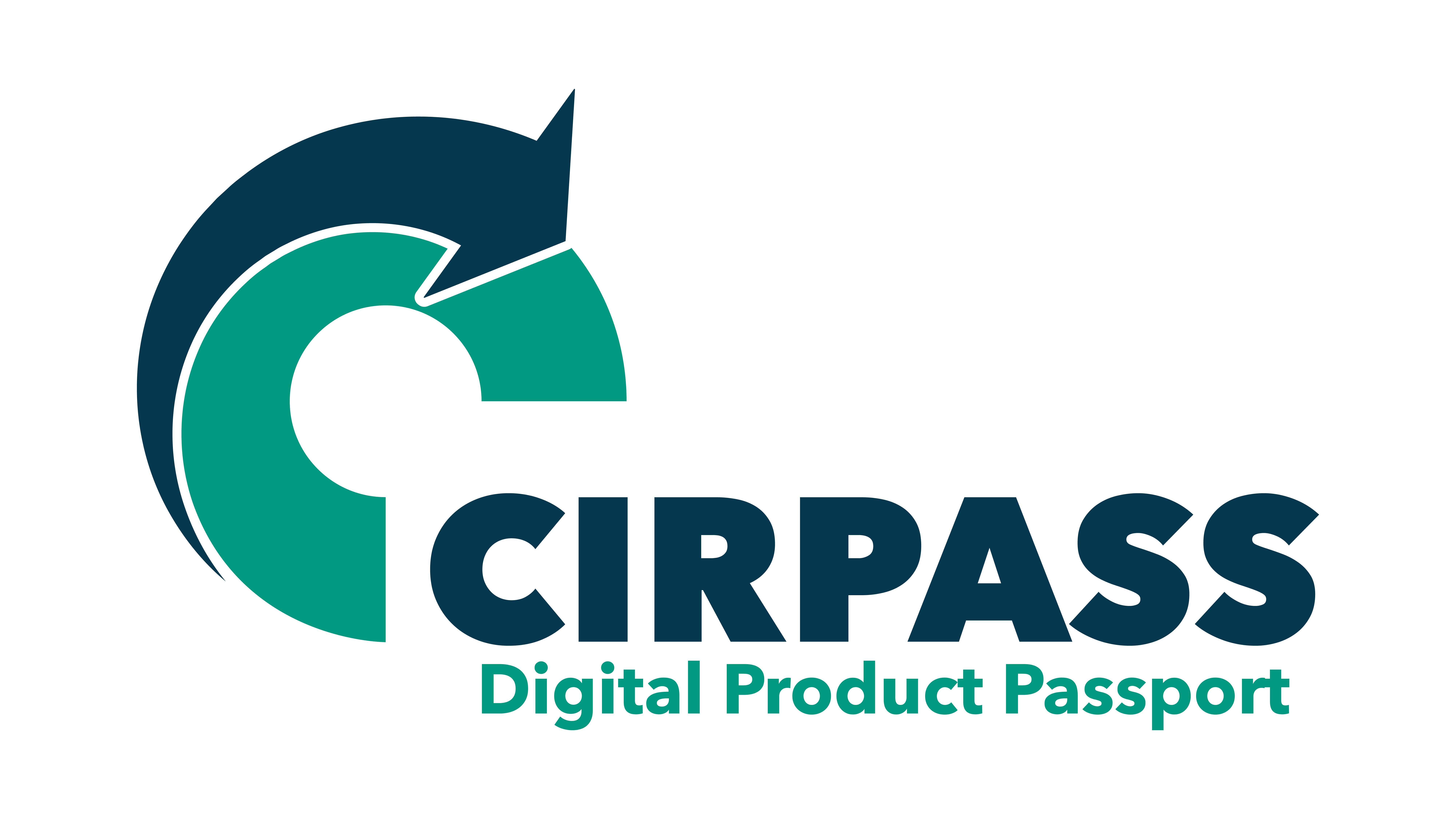CIRPASS
Digital Product Passport

CIRPASS is preparing the ground for the gradual piloting and deployment of the Digital Product Passports, focusing on developing a roadmap for prototypes in three value chains: electronics, batteries and textiles.
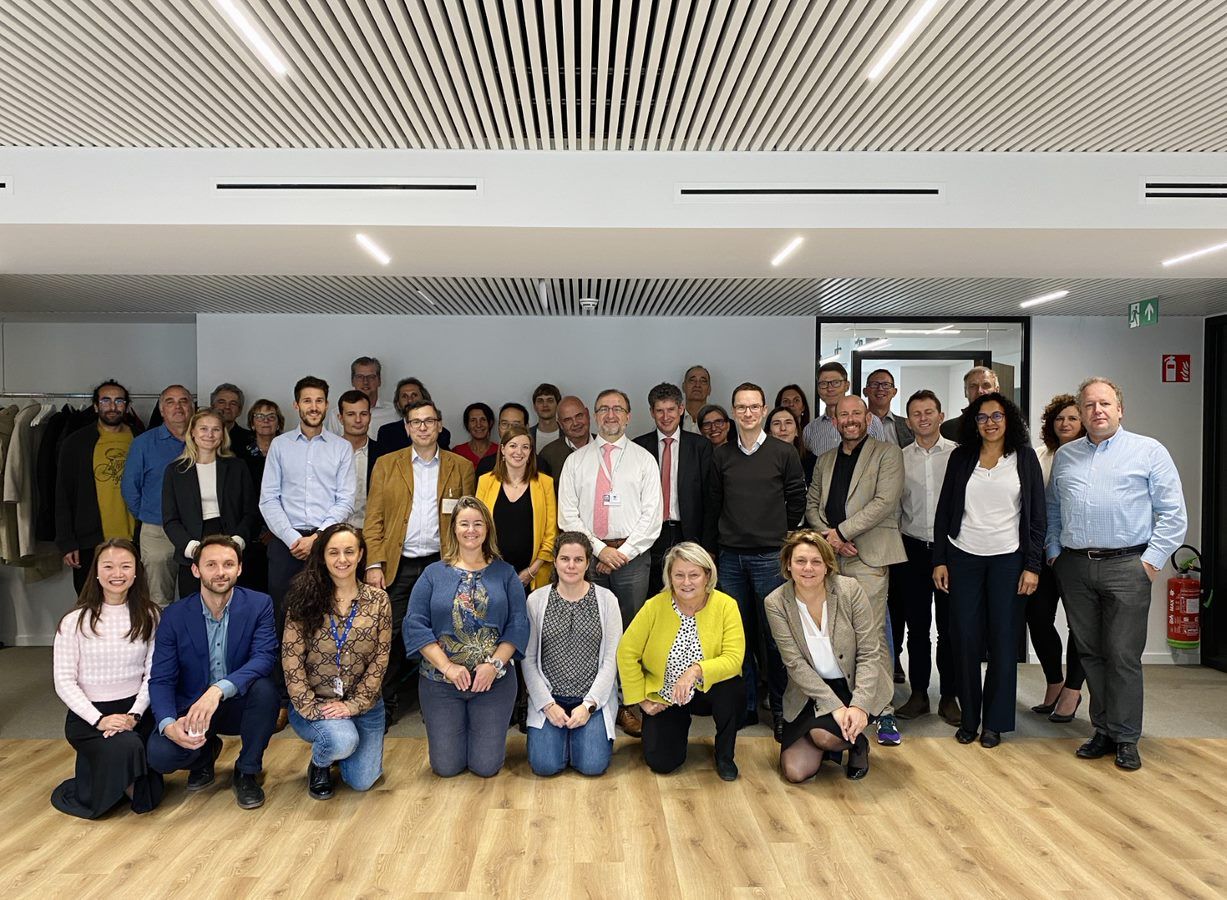
Learn more about CIRPASS
Funded by the European Commission under the Digital Europe Programme, CIRPASS is a collaborative initiative to prepare the ground for the gradual piloting and deployment of a standards-based Digital Product Passport (DPP) aligned with the requirements of the Proposal for Ecodesign for Sustainable Product Regulations (ESPR), with an initial focus on the electronics, batteries, and textile sectors.
The project consortium is composed of 31 partners representing thousands of industrial,research, digital, international, standards, organisations across Europe and beyond. The 18-month project will respond to the European Commission’s call on creating a clear concept for the DPP, defining a cross-sectoral product data model and DPP system with demonstrated benefits for the circular economy as well as developing roadmaps for its deployment.
OBJECTIVES
CIRPASS Main Objectives
Among several impacts the project will create, its core objectives are to:
Present an unambiguous cross-sectoral definition and description of the DPP
Define a cross-sectoral product data model for the DPP with demonstrated usefulness for the Circular Economy
Clarify the requirements related to product identification
Propose an open DPP data exchange protocol adapted to the needs of Circular Economy stakeholders and propose such a protocol based on up-to-date digital technologies
Build stakeholder consensus on key data for circularity and related open European and global vocabulary standards to be included in the DPP for the batteries, electronics, and textiles value chains
Develop use cases and roadmaps for piloting, deployment and circular business value generation of cross-sectoral DPPs
Be the first to know
Subscribe to our Newsletter
Stay up to date with all the CIRPASS latest news and events

STAY UP TO DATE
News & Article
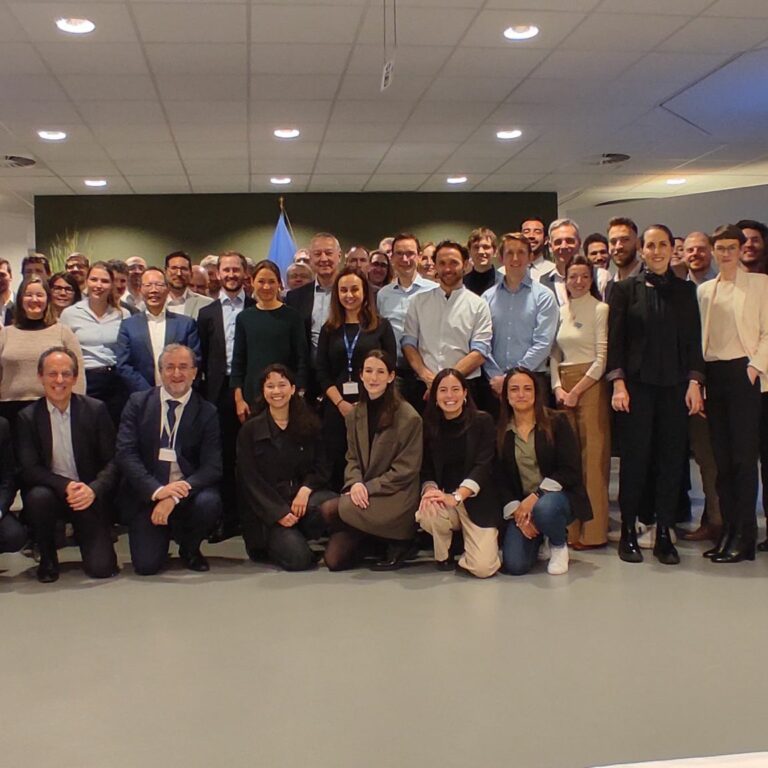
CIRPASS Final Event – March 5th, 2024
On March 5th 2024, CIRPASS held its Final Event “State of play and possible future developments of the DPP”, in a hybrid form in Brussels, Belgium. The focus of the

State of play and possible future developments of the Digital Product Passport (DPP)
State of play and possible future developments of theDigital Product Passport (DPP) A CIRPASS event in collaboration with the Product Information 4.0 and BatteryPass projects . Online event, 5 March 2024,
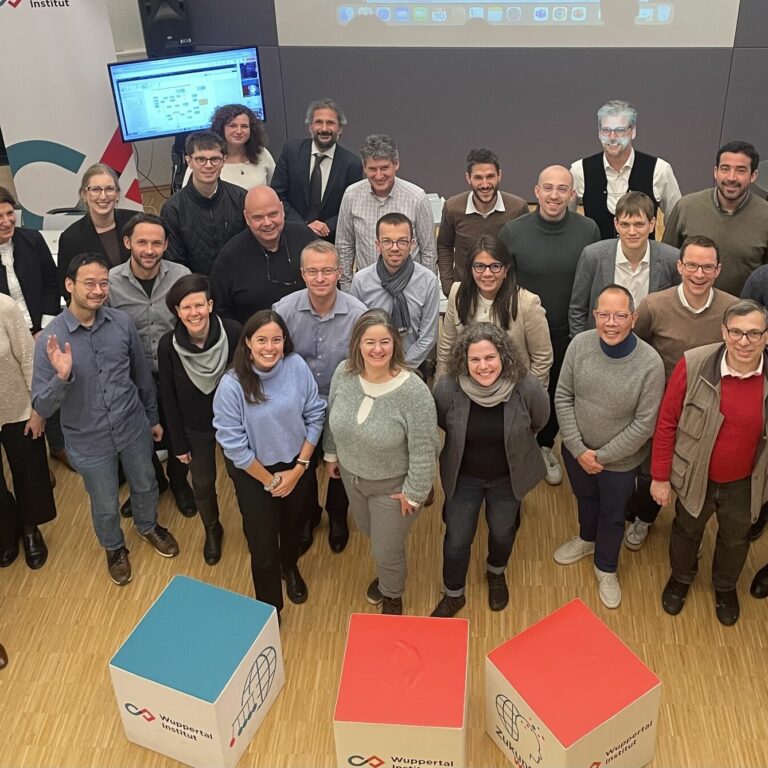
CIRPASS Consortium Meeting in Wuppertal, January 2024
The CIRPASS consortium partners gathered on January 30 and 31st in the city of Wuppertal, Germany, at the Wuppertal Institute for Climate, Environment and Energy. The two-day meeting had the

CIRPASS was present at COP28 in Dubai
On 11 December 2023, the CIRPASS project was represented at a podium discussion at COP28 in Dubai. Under the headline The Role of Creative Arts and Industries in Sustainable Industrial
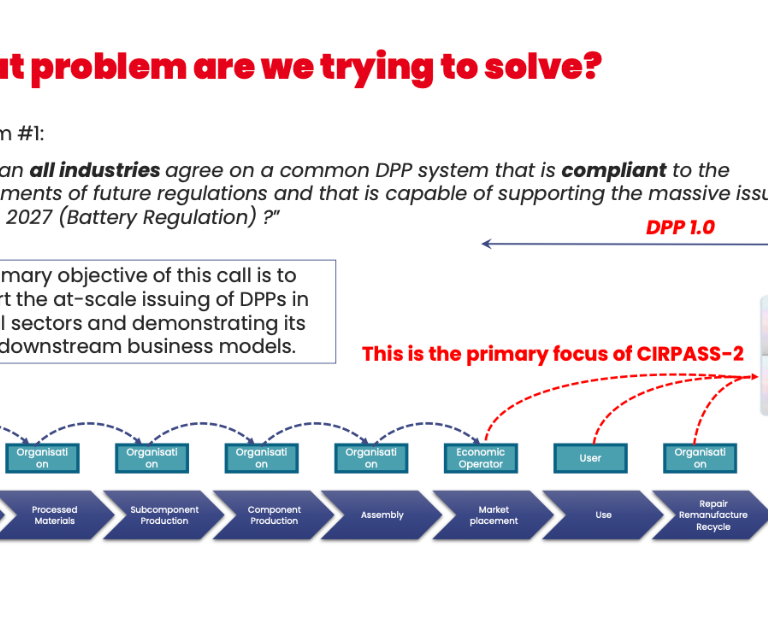
Discover the new CIRPASS-2 project proposal
Over June and July, a series of open meetings were held to discuss a new consortium proposal in response to the DIGITAL EUROPE PROGRAMME’s DIGITAL-2023-CLOUD-DATA-04 –DIGIPASS call. Discover the project concept by
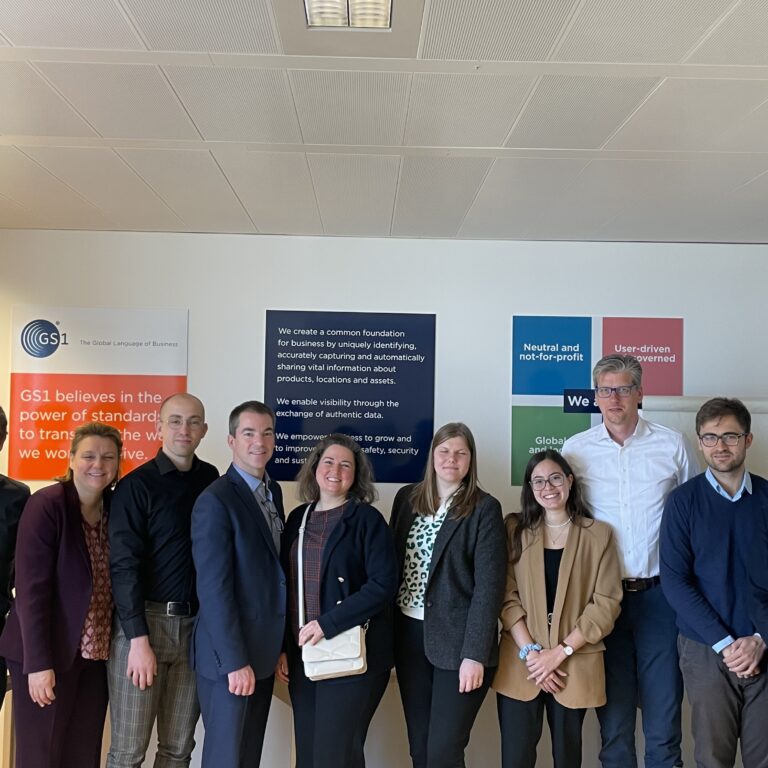
CIRPASS Representatives met with European Commission and Global Electronics Council to discuss Electronics Sustainability at Brussels Q&A Session
Representatives from the CIRPASS consortium participated in a Q&A session with the European Commission and the Global Electronics Council (GEC) on May 2 in Brussels. The session included Ilias Iakovidis,
Our Partners
Get to Know Our Partners

Funded by the European Union. Views and opinions expressed are however those of the author(s) only and do not necessarily reflect those of the European Union or the European Health and Digital Executive Agency (HaDEA). Neither the European Union nor the granting authority can be held responsible for them.
